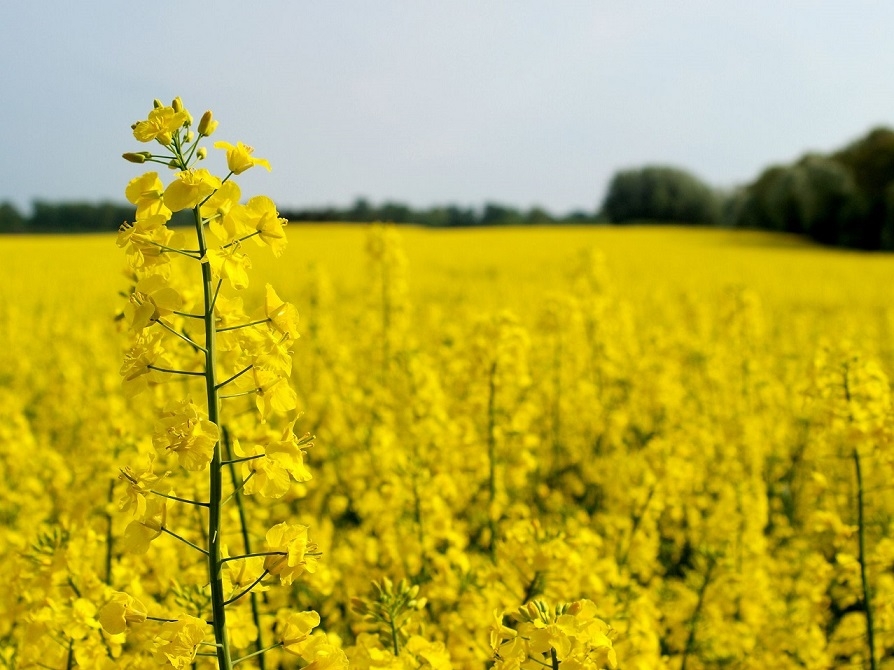Frost, heat-wave hit India’s rapeseed crop, dent yields

India’s rapeseed production could remain steady in 2023 despite a record planting as yields were curtailed by frost and a heat-wave in key producing areas, farmers and industry officials told.
Lower-than expected rapeseed production could force India, the world’s biggest importer of vegetable oils, to increase expensive overseas purchases of cooking oils such as palm oil , soyoil and sunflower oil to fulfil rising demand.
“Vegetative growth was excellent until mid-January when frost hit our crop. It badly affected developing pods,” said farmer Ramu Meena, who expanded his area to four acres this year from last year’s three acres in the north-western state of Rajasthan.
Another two-dozen farmers from top-producing Rajasthan state told that frost and a heat-wave had reduced the number of seeds in pods.
Area under rapeseed jumped 7.4% to a record 9.8 million hectares in 2023. Based on higher area, the government has forecast rapeseed production could jump 7.1% from a year earlier to a record 12.8 million tonnes.
“Initial expectation was crop size could rise to 12 to 12.5 million tonnes, but weather didn’t support,” said B.V. Mehta, executive director of the industry body the Solvent Extractors’ Association of India (SEA).
“We could end up around last year’s production level.”
India produced 10.5 million tonnes of rapeseed in 2022.
The SEA has been conducting field surveys to assess crop size and would release production estimates on March 20, Mehta said.
Erratic weather could trim rapeseed output by around 1.5 million tonnes, which could have yielded 500,000 tonnes of oil and reduced vegetable oil imports by the same amount, said a Mumbai-based dealer with a global trade house.
India meets more than 70% of its cooking oil demand through imports of palm oil, soyoil and sunflower oil from Malaysia, Indonesia, Brazil, Argentina, Ukraine and Russia.
Rapeseed supplies are rising in spot markets as the crop is getting matured early due to the ongoing heat-wave, said Anil Chatar, a trader based in Jaipur, Rajasthan.
Daily supplies are nearly 5% more than the last year due to early maturity and prices in spot markets are ruling below the government fixed price of 5,450 rupees per 100 kg, Chatar said.
Read also
Wheat in Southern Brazil Impacted by Dry Weather and Frosts
Oilseed Industry. Leaders and Strategies in the Times of a Great Change
Black Sea & Danube Region: Oilseed and Vegoil Markets Within Ongoing Transfor...
Serbia. The drought will cause extremely high losses for farmers this year
2023/24 Safrinha Corn in Brazil 91% Harvested
Write to us
Our manager will contact you soon



